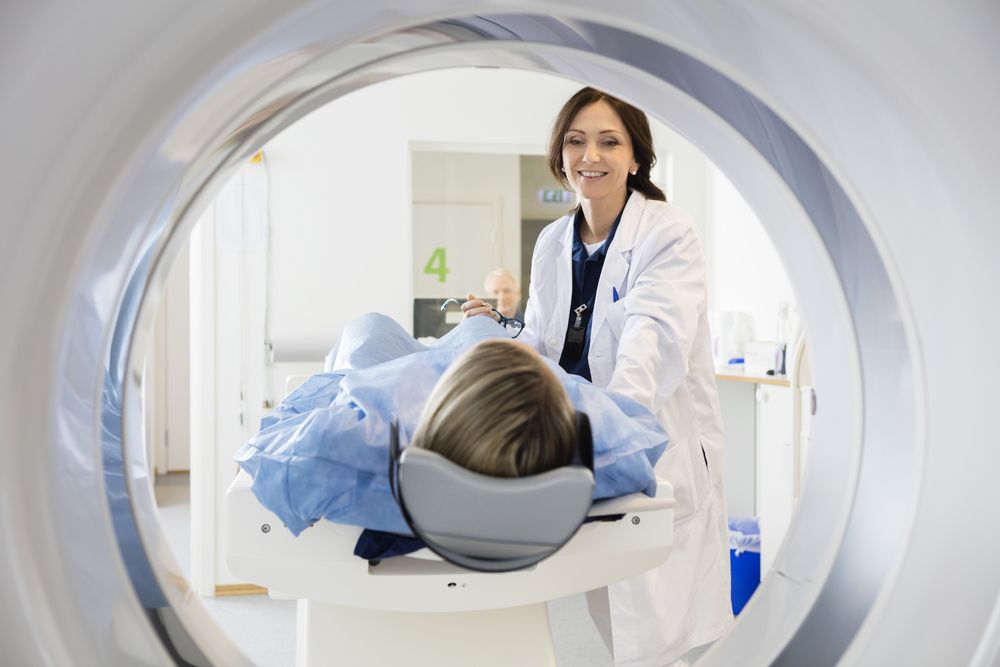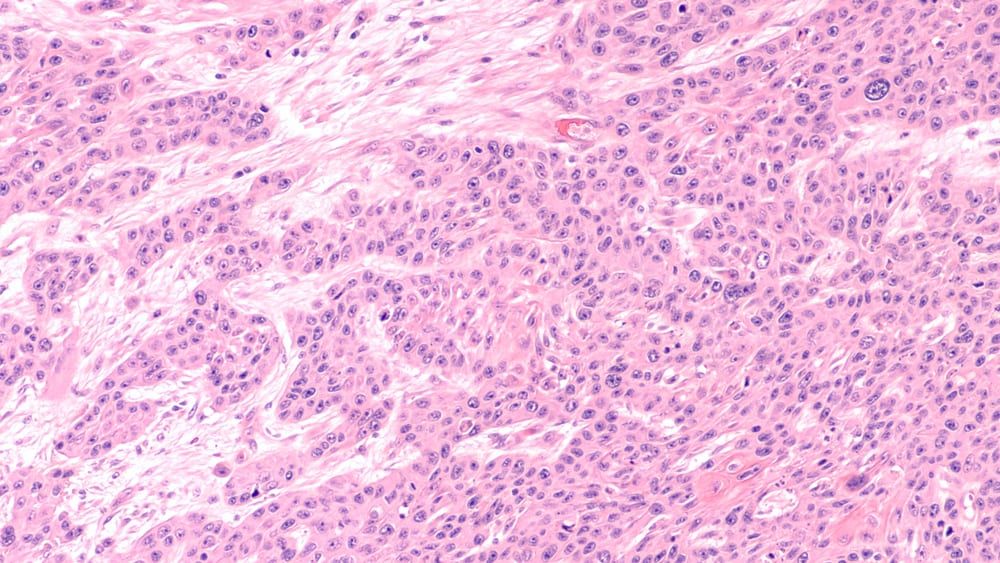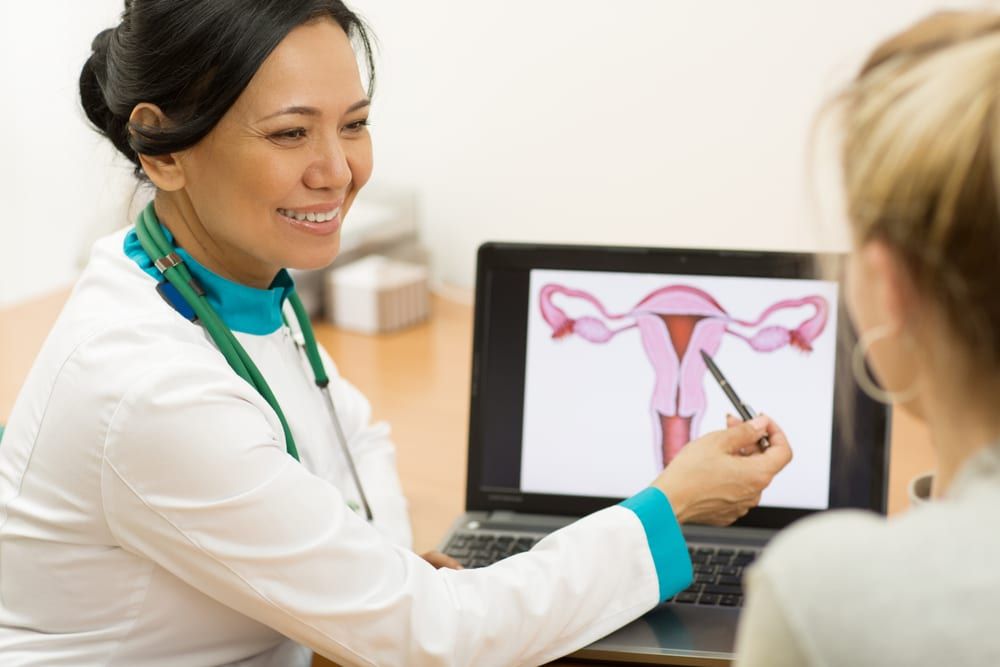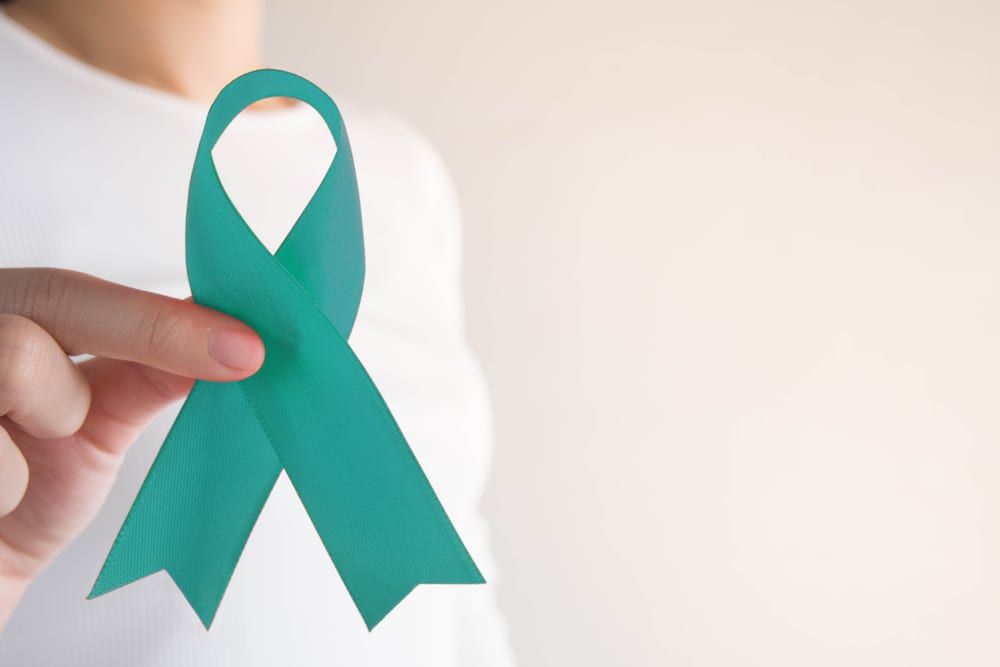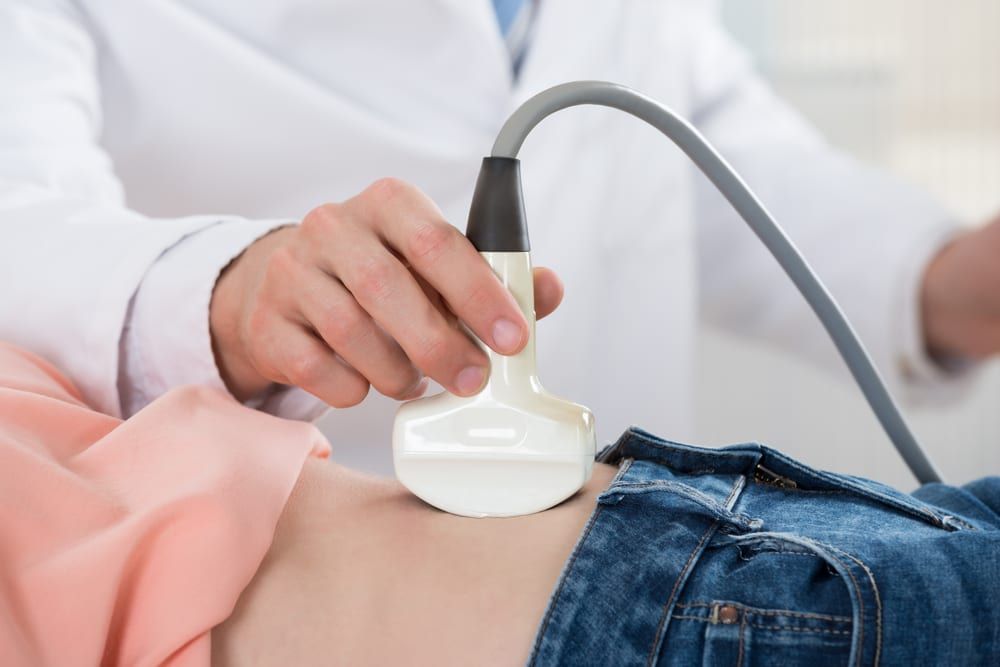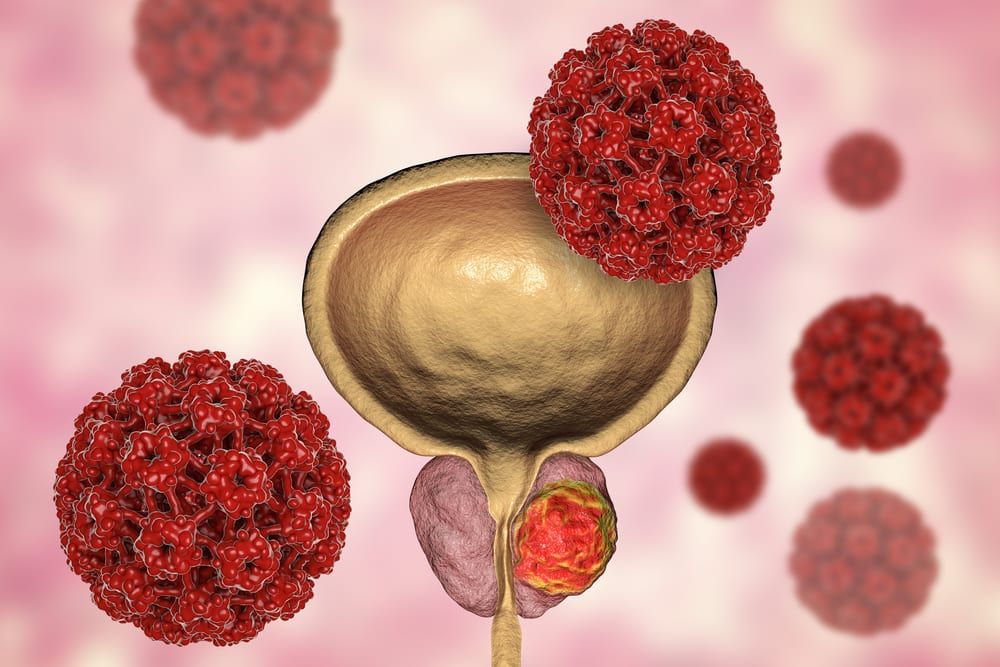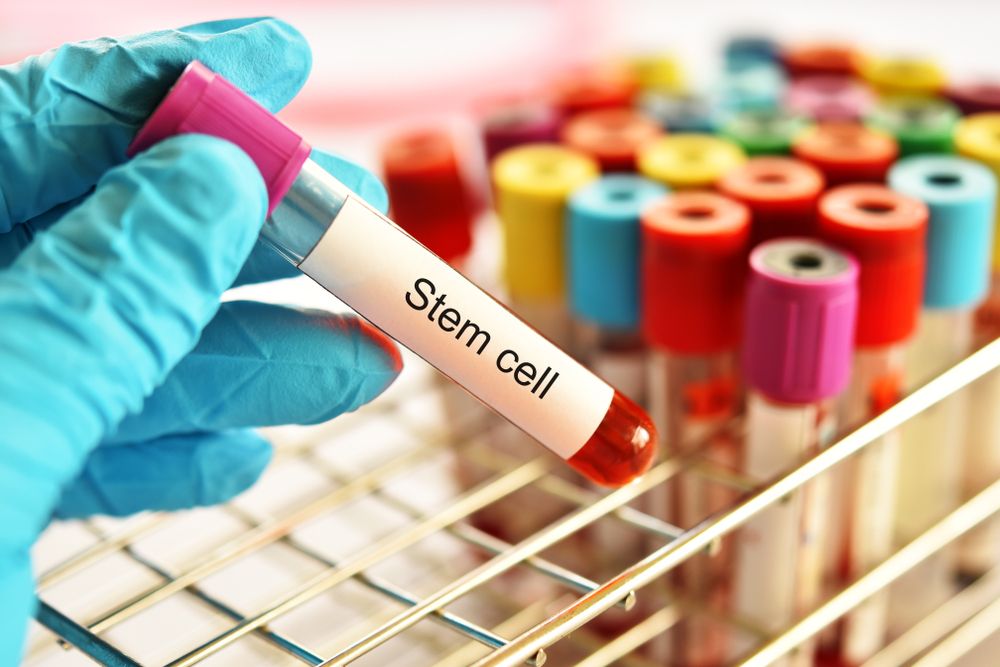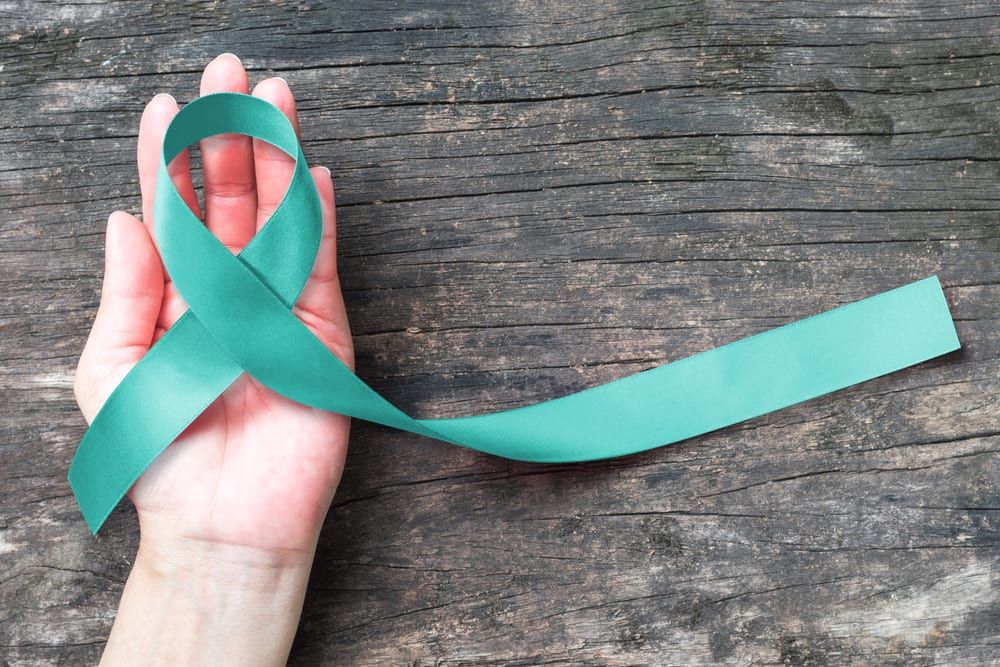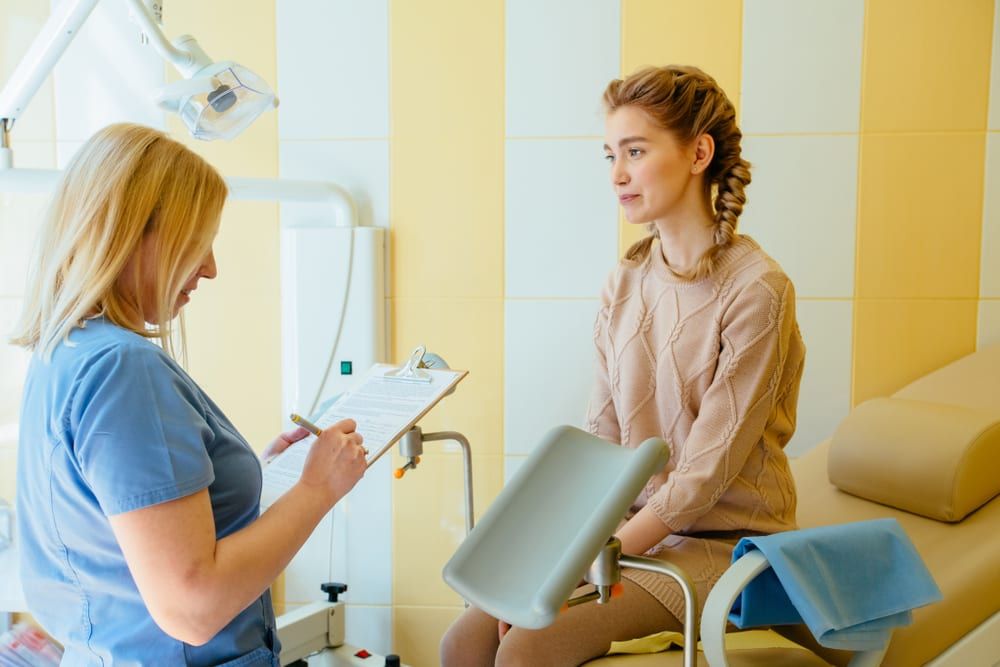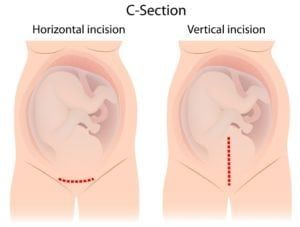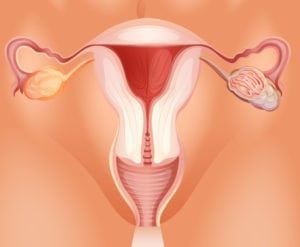Of all the health concerns we face in our lives, few bring anxiety and fear on as quickly as the mention of cancer. It’s tragically common to have had our lives touched by this disease, losing friends or family members in what is often a slow and agonizing battle. That’s why we’re dedicated to providing a comfortable, safe, and hope-filled environment for patients battling cancer. Through education, treatment, and support, our Oncology Unit provides the best chance for our patients in their fight against cancer.
What Is Oncology?
Oncology is the study of cancerous and non-cancerous tumors and the treatment of the same. Oncology units are those that provide support, education, and treatment for patients battling this disease using the latest techniques. The practice of oncology involves the use of a number of common treatments and diagnostic methods, including:
- Biopsy – Removal of tissue from a tumor for analysis under a microscope.
- Endoscopy – An exploratory treatment that inspects the gastrointestinal tract.
- Imaging – X-Rays, MRI Scanning, Scintigraphy, CT Scanning, and other methods for viewing the tumor with the goal of identifying its location, behavior, and degree of spread.
- Blood Tests – These tests check the patient’s blood for signs of tumors or other biological markers of cancer.
The specific diagnostic method and treatment used will be determined by the type of cancer you have and what stage it’s in. Surgery, chemotherapy and radiation therapy, are the most common treatments used, but as technology advances, new forms of treatment are becoming available.
How Often Should I Get A Cancer Screening?
Cancer screening is a common part of many regular check-ups you’ll receive with your primary care physician, gynecologist, and even your dentist. Women should receive an annual mammogram to screen for breast cancer. Certain factors such as family history and exposure to risk increasing situations and substances may result in your physician suggesting additional screening appointments on a temporary or ongoing basis.
What Are The Symptoms of Cancer?
What symptoms indicate you may have cancer depends largely on the type of cancer you may be experiencing. In women, the most common forms of cancer are lung, colorectal, breast, skin, endometrial (uterus lining), and cervical cancer.
- Breast Cancer: Lumps in the breast, armpit, or collarbone. Breasts that are swollen, with or without a lump. Inward pointing nipples (in patients where this isn’t normal). Clear or bloody discharge from the nipple, thick, itchy, red skin on the breast or nipple.
- Bowel Cancer: Unexplained weight loss, tiredness or weakness, feces that are bloody, dark, or thin. Constipation, diarrhea, and belly pain or cramps.
- Endometrial Cancer: Torso pain, pressure in the back, pelvis, or belly.
These are just a few of the cancers that affect women and their related symptoms. If you have any symptoms you cannot explain, it pays to speak to your physician.
How Our Oncology Staff Helps You In Your Battle With Cancer
Our oncology staff comes from respected medical backgrounds with a specialty focusing on the diagnosis and treatment of cancer in women. When you begin your battle against cancer at our clinic, you’ll know that you’re working with a team that made providing women with their best chance of beating cancer the focus of their career. While any oncology specialist can help you battle cancer effectively, at our clinic, you can take confidence in knowing that cancer in women is our focus.
If you’re concerned, you may be experiencing symptoms associated with cancer and want to receive a screening, contact our office today to schedule an appointment. We’re available for patients suspecting the presence of cancer, and those who have already received a diagnosis. Under the care of our team, you’ll have your best chance of tackling this disease and experiencing a long and healthy life to follow with your family. Don’t give cancer another moment to get a foothold, call today!
